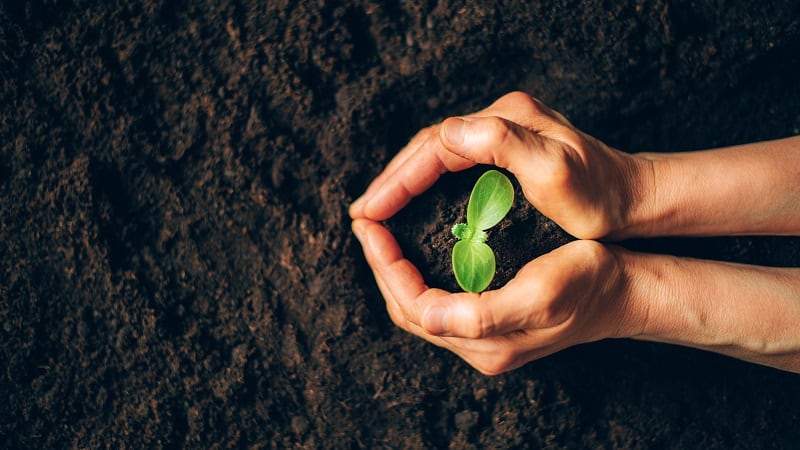The agri-tech startup founded in 2023 by Ankit Gupta and Deryl Lu, with headquarters in Singapore and operations across Indonesia.
“We started out building very low cost, affordable technologies with deep agronomic capabilities that could be used by any person farming… We invested a lot on building agronomic capabilities because as we were talking to farmers and agronomists, we saw a huge gap in terms of people’s ability to farm better and understanding what was happening that helped them to farm better,” Gupta told AgTechNavigator.
Over the past few years, Daya Tani has explored different approaches to its business model.
It initially experimented with a contract farming model, sharing profits with farmers, but faced challenges that made it unsustainable. The company then shifted to offering farming services to seed producers.
Over the past two years, the business has evolved through trial and error, and its current model supplies watermelons seeds and potato tubers directly to farmers and traders.
“We discovered a huge gap in the supply of high-quality, certified seeds. About 97% to 98% of the market is completely unorganised: farmers often save and reuse their own seeds, sometimes mixing them with other varieties, and traders frequently mix potato tubers and seeds before selling to other farmers. This widespread circulation of uncertified seed contributes to very low yields. That’s the opportunity we identified while farming,” said Gupta.
With its tech, the company has observed significantly higher yield levels compared to other farmers.
Watermelon yields can be anywhere between 30% to 50% higher, while there about 10% to 20% improvement for potatoes.
Easing the funding pressures
Unlocking this opportunity has helped ease the funding challenge, which Gupta says has been “drying up” with skittish investors.
Lu added: “The sector has been under a lot of pressure in the last couple of years – things like fraud or embezzlement – which has made it difficult for fundraising. It’s especially tough in South East Asia.”
In the short term, the opportunity is very clear for DayaTani the potato seed tuber industry.
“By our estimates, the market is worth around 300 to 400 million, which is significant. If we can establish a strong foothold, we could aim to capture 10% to 20%, or even 50% of the market over the next five to seven years,” said Gupta.
However, the company’s core ambition remains driving its technology forward.
“The big play is to democratise the AI we are building so 14 million farmers can use it,” said Gupta.
“Selling seeds is a means to an end. We cannot monetise technology, but the technology helps us farmer better and brings us revenue today. I very seriously and strongly hope that in five years it will be the technology that does.”
Lu said the company expects to become profitable by the end of next year.
The story so far
The firm has developed technology that can assess soil health, predict weather conditions, and diagnose plant health.
At the centre of their innovations is its chatbot, Pak Dayat, that can be assess through its application and WhatsApp.
“It’s basically your companion. If you have any doubts, you can ask it. If you have any problem, you can send it a photo. You can talk to if you want to get the forecast, to get some recommendations, get some alerts about potential risks,” said Gupta.
According to Lu, over 4,000 farmers across West Java have adopted its chatbot through a partnership with a non-governmental organisation (NGO).
“We see a good number of active users. Considering that they aren’t urban users, the numbers are not bad in terms of engagement, and they are quite promising,” he said.
Moving forward, the company hopes to forge government level partnerships to advance get its tech into the hands of farmers.
“The real customers may be at the government level, which is why we’re exploring ways to work with the government on projects that can make our AI widely accessible to farmers.”
The company was recently selected as part of ClimAccelerator’s 2025 cohort.
“For us, it’s all about networking and opening more doors and help us, because what we’re doing will not be solve by just $2 million dollars. We want to build a healthy, stable, sustainable business. Aside from access to capital, there’s a lot of mentorship and guidance that we could get,” said Gupta.
Lu added: “What’s great about ClimAccelerator is that it’s a program that’s very relevant to us. With other programmes, it can be too broad. But since it’s focused on climate, we’re sure over 90% will be relevant to us.”





